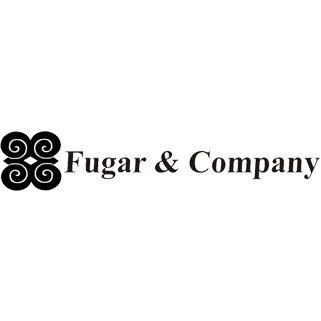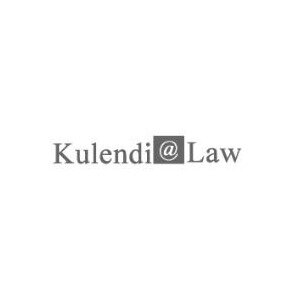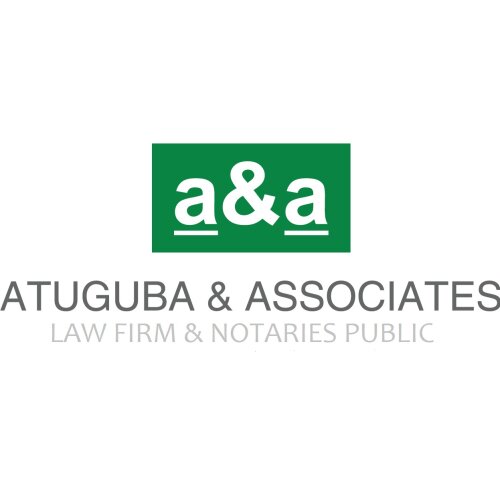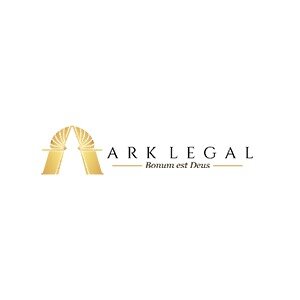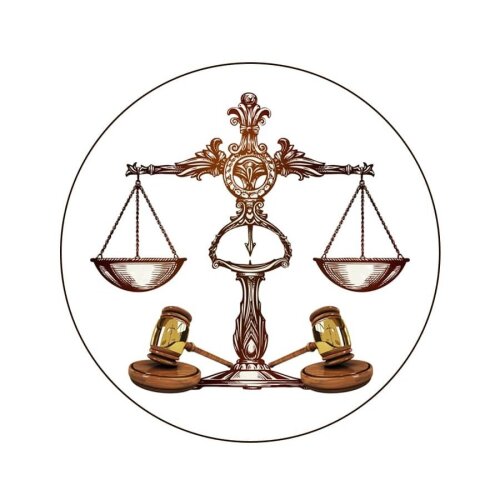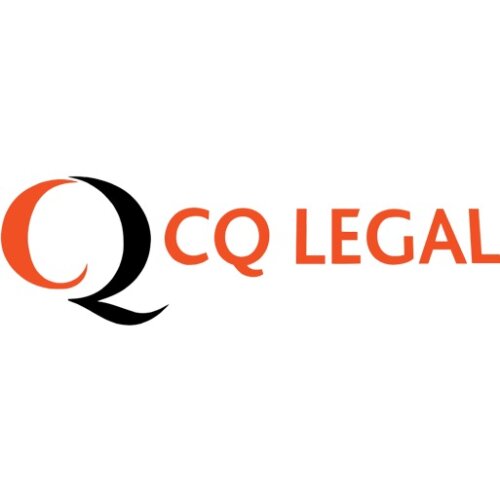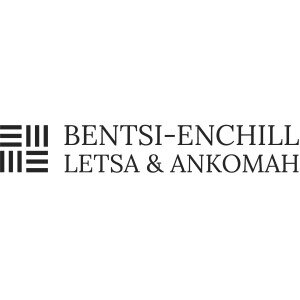Best Sustainable Finance Lawyers in Accra
Share your needs with us, get contacted by law firms.
Free. Takes 2 min.
List of the best lawyers in Accra, Ghana
About Sustainable Finance Law in Accra, Ghana
Sustainable finance in Accra, Ghana involves integrating environmental, social, and governance (ESG) factors into financial decision-making. It aims to promote economic development while minimizing negative impacts on society and the environment. Recent years have seen Ghana making strides in sustainable finance, with government initiatives, financial sector reforms, and increased private sector interest. In Accra, banks, investment firms, and other financial institutions are increasingly aligning with international standards like the UN Sustainable Development Goals, and Ghana’s own sustainable development strategies. The legal landscape is evolving, with both local and international regulations shaping how sustainable finance is practiced.
Why You May Need a Lawyer
Sustainable finance is a complex field that sits at the intersection of finance, environmental law, and corporate governance. Here are some common situations where legal support may be necessary:
- Structuring green bonds or other ESG-oriented financial products
- Understanding and complying with Ghanaian and international sustainability regulations
- Negotiating agreements between lenders, investors, and project owners for renewable energy or green infrastructure projects
- Performing ESG due diligence and reporting for investments
- Resolving disputes related to sustainability claims or non-compliance
- Advising on government incentives and tax benefits for sustainable projects
- Navigating cross-border sustainable finance transactions
Local Laws Overview
Several legal frameworks in Ghana affect sustainable finance, especially in Accra, where most financial institutions are headquartered. Some important aspects include:
- Ghana Sustainable Financing Framework: The government is developing frameworks to guide green bonds and sustainable lending, ensuring capital is channeled into environmentally responsible projects.
- Bank of Ghana Sustainable Banking Principles: These principles require regulated banking institutions to integrate ESG considerations into lending and investment.
- Securities and Exchange Commission (SEC) Guidelines: The SEC is in the process of developing guidelines specific to ESG disclosures and green bonds on the Ghana Stock Exchange.
- Environmental Protection Agency (EPA) Regulations: Financial projects with environmental impacts must comply with EPA requirements, including obtaining relevant permits and conducting Environmental and Social Impact Assessments (ESIAs).
- Company Regulations: Companies engaging in sustainable finance must comply with corporate governance and disclosure standards set out under the Companies Act, 2019 (Act 992).
- International Standards: Many projects align with global standards such as the Equator Principles or the UN Principles for Responsible Investment.
Because sustainable finance is rapidly evolving, regulatory updates and new guidelines may frequently be introduced. Staying compliant requires close attention to legal developments.
Frequently Asked Questions
What is sustainable finance?
Sustainable finance refers to financial services that account for environmental, social, and governance (ESG) impacts in funding and investment decisions. It seeks to raise capital for projects that are both financially rewarding and socially or environmentally beneficial.
Are there government incentives for sustainable finance projects in Ghana?
Yes, there are varying incentives, such as tax benefits, grants, and support from the Ghana Investment Promotion Centre for projects that meet sustainability criteria.
How are green bonds regulated in Ghana?
Green bonds are subject to emerging frameworks by the Bank of Ghana and Ministry of Finance, in addition to regulatory review by the SEC. There are requirements for transparency, disclosure, and reporting on the use of proceeds.
What ESG reporting requirements exist for Ghanaian companies?
Regulated banks must adhere to the Bank of Ghana’s Sustainable Banking Principles, which require ESG risk reporting. Other sectors may be guided by voluntary ESG standards, with stricter regulations expected as the market matures.
Who oversees sustainable finance regulation in Accra?
Key authorities include the Bank of Ghana, Securities and Exchange Commission, and the Environmental Protection Agency. Sector-specific ministries may also play a role.
Can foreign investors participate in sustainable finance projects in Ghana?
Yes, foreign investors can participate, subject to compliance with local investment regulations and sector-specific laws.
What legal risks do companies face in sustainable finance?
Risks include non-compliance with ESG regulations, misrepresentation of "green" claims, contract disputes, and reputational damage associated with poor sustainability practices.
Is an Environmental and Social Impact Assessment (ESIA) required for green projects?
Generally, yes. The EPA requires ESIAs for projects with potential significant environmental or social impacts before approval or funding.
How do I know if my project qualifies as sustainable or green under Ghanaian law?
A lawyer can review your project and compare it to legal criteria and relevant guidelines to determine eligibility for sustainable or green finance classifications.
What should I look for in a sustainable finance lawyer?
Look for expertise in finance, banking, environmental law, and familiarity with Ghana’s evolving regulatory environment and international sustainability standards.
Additional Resources
If you are seeking more information or support, consider the following resources and bodies:
- Bank of Ghana - For sustainable banking regulations
- Securities and Exchange Commission Ghana - For investment and green bond guidelines
- Environmental Protection Agency Ghana - For environmental compliance and ESIA procedures
- Ghana Investment Promotion Centre - For investment incentives and guidance
- Ministry of Environment, Science, Technology, and Innovation - For sustainability policies
- Ghana Stock Exchange - For ESG reporting and disclosure standards
- Private sector organizations such as the Ghana Association of Bankers or the Ghana Chamber of Commerce
Next Steps
If you need legal advice concerning sustainable finance matters in Accra, consider the following steps:
- Define your project goals and any sustainability features
- Collect all relevant documentation, such as business plans, environmental assessments, and funding proposals
- Seek a lawyer with a proven background in sustainable finance, ESG compliance, and relevant local experience
- Prepare to discuss the legal and regulatory landscape specific to your sector or project type
- Follow up regularly for updates, as regulations in sustainable finance continue to evolve in Ghana
A qualified legal professional can help you navigate compliance, minimize risks, and ensure your project contributes positively to Ghana’s sustainable development goals.
Lawzana helps you find the best lawyers and law firms in Accra through a curated and pre-screened list of qualified legal professionals. Our platform offers rankings and detailed profiles of attorneys and law firms, allowing you to compare based on practice areas, including Sustainable Finance, experience, and client feedback.
Each profile includes a description of the firm's areas of practice, client reviews, team members and partners, year of establishment, spoken languages, office locations, contact information, social media presence, and any published articles or resources. Most firms on our platform speak English and are experienced in both local and international legal matters.
Get a quote from top-rated law firms in Accra, Ghana — quickly, securely, and without unnecessary hassle.
Disclaimer:
The information provided on this page is for general informational purposes only and does not constitute legal advice. While we strive to ensure the accuracy and relevance of the content, legal information may change over time, and interpretations of the law can vary. You should always consult with a qualified legal professional for advice specific to your situation.
We disclaim all liability for actions taken or not taken based on the content of this page. If you believe any information is incorrect or outdated, please contact us, and we will review and update it where appropriate.



